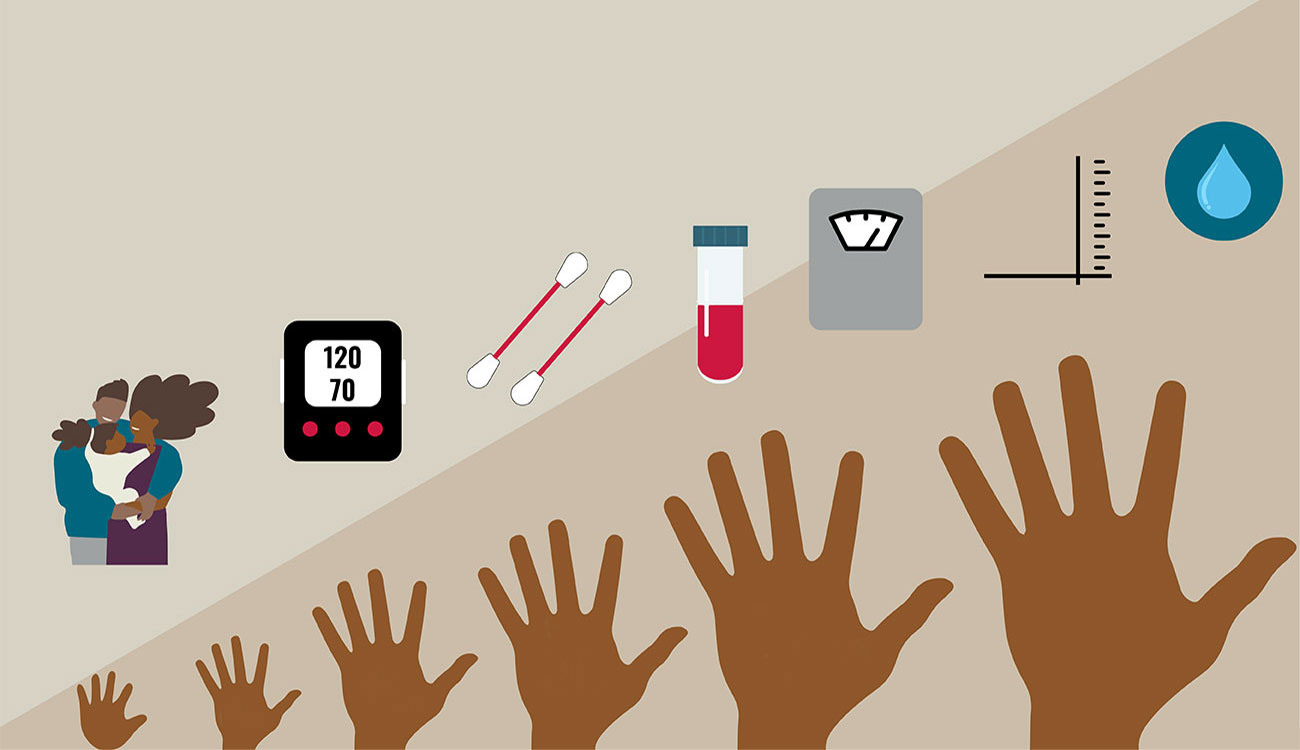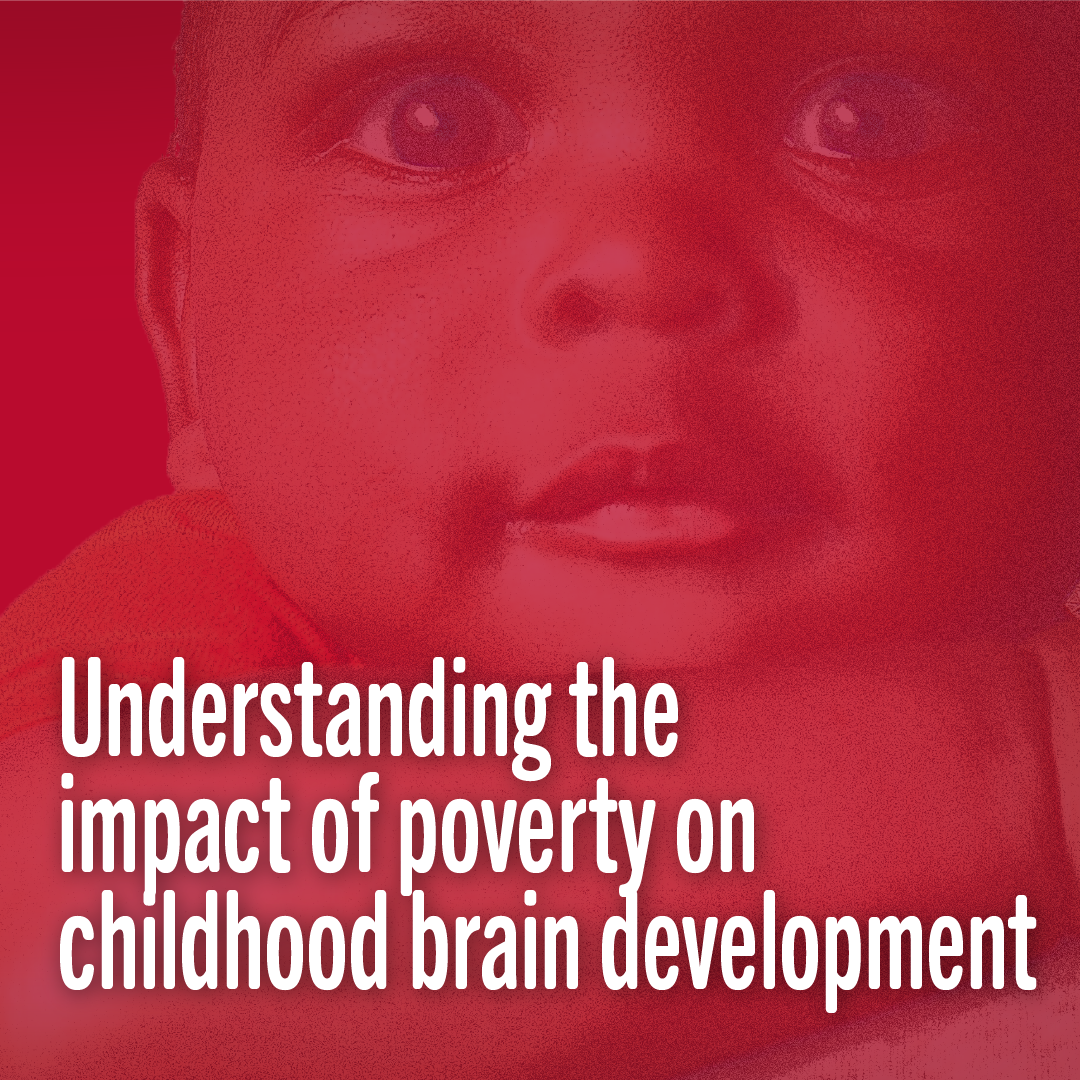2023 Gene Brody Symposium | Mark your calendar
 The 2023 Gene Brody Symposium will provide a fascinating discussion about the adolescent brain between Adriana Galván, Professor of Psychology at UCLA, and Olu Ajilore, Professor of Psychiatry at the University of Illinois-Chicago. The discussion will explore Dr. Galvan’s multimodal approach to understanding how brain development in adolescents affects and is affected by experience. How can caregivers, educators and practitioners support adolescents through this developmental period? How does adolescent brain development affect their ability to learn? What is the effect of sleep and stress on adolescent cognitive and emotional development? Hear what Dr. Galván is learning from her research and what questions remain. Participants will be encouraged to ask questions.
The 2023 Gene Brody Symposium will provide a fascinating discussion about the adolescent brain between Adriana Galván, Professor of Psychology at UCLA, and Olu Ajilore, Professor of Psychiatry at the University of Illinois-Chicago. The discussion will explore Dr. Galvan’s multimodal approach to understanding how brain development in adolescents affects and is affected by experience. How can caregivers, educators and practitioners support adolescents through this developmental period? How does adolescent brain development affect their ability to learn? What is the effect of sleep and stress on adolescent cognitive and emotional development? Hear what Dr. Galván is learning from her research and what questions remain. Participants will be encouraged to ask questions.
Watch live on YouTube: 2023 Gene Brody Symposium – YouTube
February 9, 2023 at 2 pm EST





 FACHS: 25 years of studying health and well-being in African American families – UGA Research News
FACHS: 25 years of studying health and well-being in African American families – UGA Research News


 We have known for a long time that being born into an impoverished environment can lead to a number of negative outcomes for children. One of those is that children from disadvantaged backgrounds tend to be behind more advantaged children in their cognitive development. But what are the mechanisms through which this happens? Does poverty affect cognitive development indirectly by reducing access to resources like quality housing and nutrition, or is it the actual presence or absence of income?
We have known for a long time that being born into an impoverished environment can lead to a number of negative outcomes for children. One of those is that children from disadvantaged backgrounds tend to be behind more advantaged children in their cognitive development. But what are the mechanisms through which this happens? Does poverty affect cognitive development indirectly by reducing access to resources like quality housing and nutrition, or is it the actual presence or absence of income?




